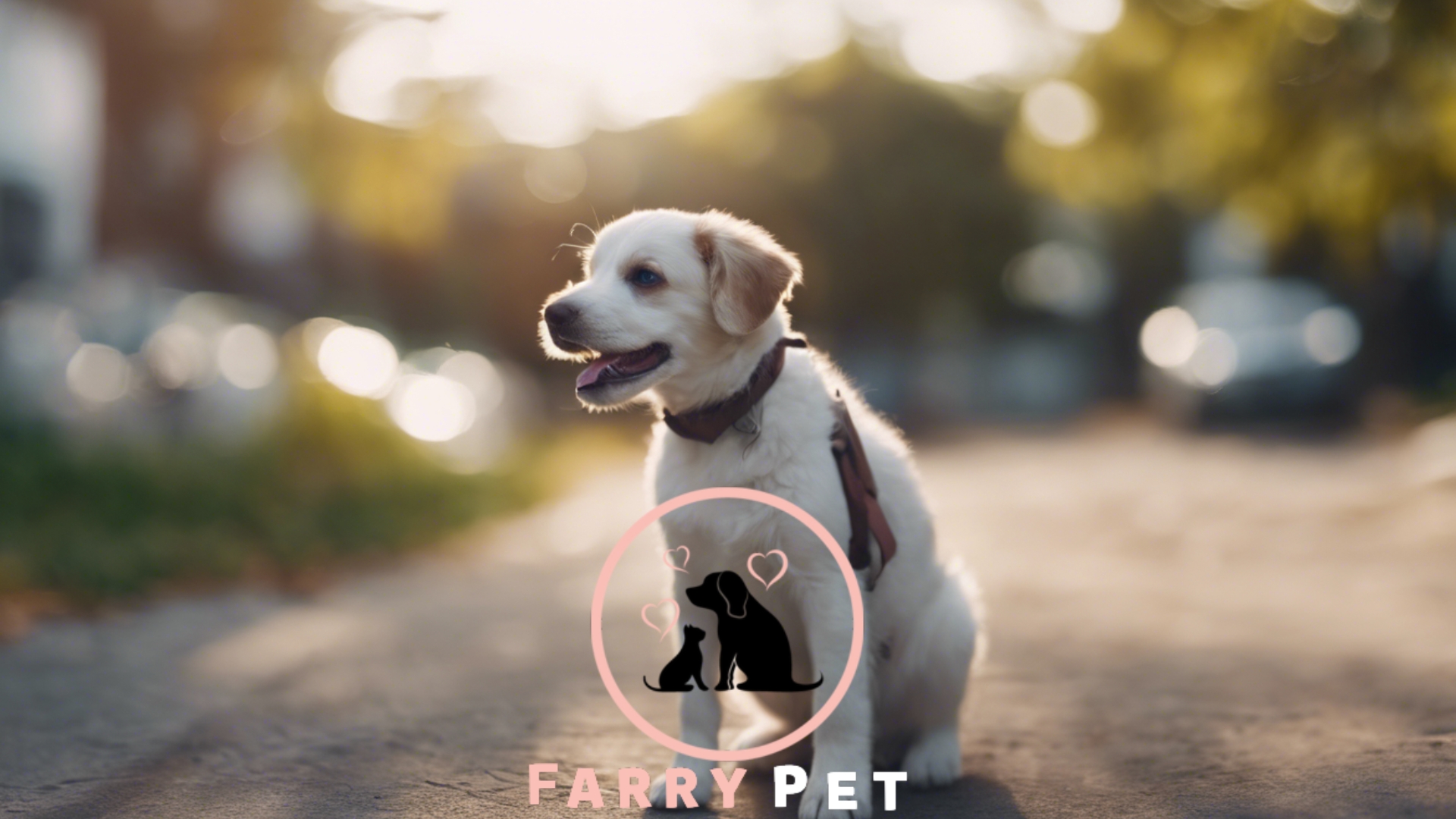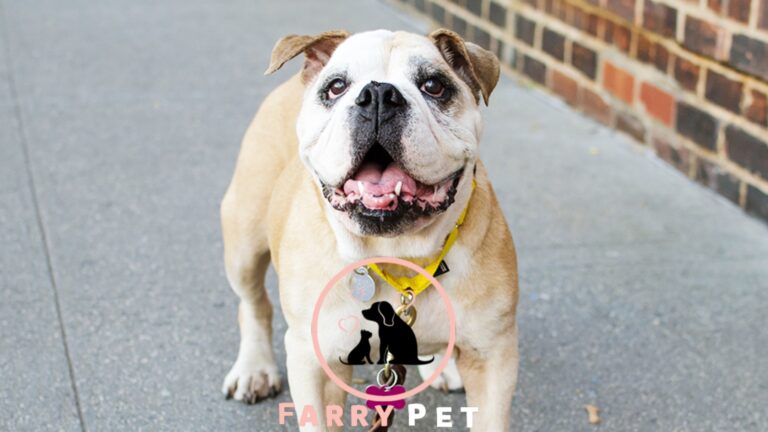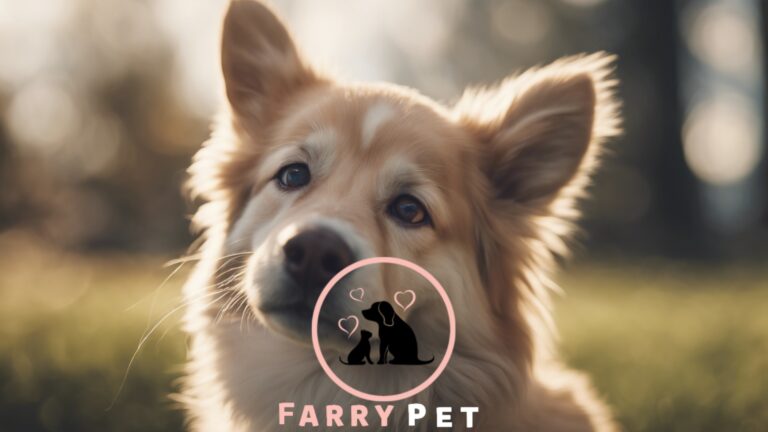
Giving pets away for free can attract irresponsible owners. Free animals may also be at risk of falling into abusive situations.
Ensuring pets are placed in loving, committed homes is a priority for anyone rehoming an animal. Charging an adoption fee can deter those who may not value the pet or provide proper care. A well-rounded introduction to the issue emphasizes the risks and responsibilities of rehoming a pet.
The process should protect the well-being of the animals and ensure they find a safe and caring environment. Responsible rehoming includes vetting potential owners and considering the long-term needs of the pet.
A nominal fee can help validate the new owner’s commitment, contributing to a more secure future for our four-legged friends.
The Value of Pets Beyond Price
Pets offer more than companionship; they become family. Price tags should never define their worth.
A free pet might imply a bargain, but many reasons exist to reconsider. Understanding the significance of their value is crucial.
Perceived Worth of Free Animals
‘Free’ can drastically change how we see pets. It can imply that they require little commitment or value.
This perception affects how new owners may approach pet care. An animal’s well-being may be at risk if their intrinsic value isn’t recognized.
Risks of Underestimating Pet Care Costs
The true cost of pet care extends beyond the initial price. Vet checks, food, and training all have costs.
Offering pets for free may lead owners to underestimate these expenses. The unforeseen costs may then overwhelm them.
| Essential Expenses | Average Cost |
| Initial Health Check | $50 – $100 |
| Monthly Food | $20 – $60 |
| Basic Training | $30 – $80 per session |
- Vaccinations
- Emergency Vet Visits
- Spay/Neuter Surgery
Preparing financially for these hidden costs is paramount. It ensures a happy and healthy life for the cherished pet.
Potential Dangers for Pets Given Away
When pets find new homes, their future should be happy and secure. Giving pets away for free might seem kind, but it can lead to serious risks. Understanding the potential dangers helps protect these animals from harm.
Let’s explore why free pets might not be as lucky as they sound.
Unintended Neglect or Abuse
Good intentions do not always lead to good care. Free pets can suffer from:
- Lack of veterinary care – Shots and check-ups cost money.
- Poor nutrition – Quality food is a must for pet health.
- Inadequate attention – Pets need time and affection.
Owners not prepared for these expenses may unintentionally neglect their pet’s needs.
Falling Into the Hands of Animal Abusers
Not all people have good intentions. Free pets can become victims:
- Used in dog fights – As bait or fighters, leading to injury or death.
- Experiment subjects – Unethical testing harms animals.
- Resold for profit – Change hands frequently, causing stress.
Simple background checks and rehoming fees help keep pets safe.
Screening Processes and Adoption Fees
Welcome to a critical discussion: Screening Processes and Adoption Fees. These two elements play a crucial role in a pet’s journey from one home to another. They are vital in ensuring pets find a loving, suitable, and forever home.
Let’s delve into why not to give away pets for free, focusing on adoption fees and the importance of a thorough screening process.
The Role of Adoption Fees in Responsible Pet Ownership
Adoption fees may seem like just another expense, but they are pivotal. They serve as a barrier against impulsive decisions. Potential pet owners must consider if they are financially ready for a pet.
This consideration helps to ensure a long-term commitment. Moreover, fees support shelters in providing care to other animals. They cover vaccines, spaying or neutering, and microchipping.
| Vaccinations | Spaying/Neutering | Microchipping | Shelter Maintenance |
|---|---|---|---|
| Protection from disease | Population control | Permanent ID | Safe environment for pets |
How Screening Can Protect Pets
Screening is a pet’s safety net. During the adoption process, reputable shelters or individuals conduct extensive interviews. They require home visits and sometimes follow-ups. This effort helps to confirm that the pet is going to a safe and loving environment.
Key elements of a good screening process include:
- Questionnaires focused on lifestyle compatibility
- Home environment checks
- References from veterinarians or personal contacts
- Discussion of pet care experience
Proper screening safeguards pets from falling into the wrong hands. It also helps to prevent them from becoming stray or re-entering the shelter system.
By setting these standards, adopters understand the gravity of pet ownership. This screens out individuals who are not ready for this profound commitment.
Costs Associated With Pet Ownership
Adding a furry friend to your home comes with both joy and responsibility. Understanding the costs associated with pet ownership is crucial. Owning a pet means more than just providing food and love.
Pets need proper care from the moment they join your family. Let’s explore the costs that come with pet ownership.
Initial Veterinary Care
When a pet first comes home, several trips to the vet are a must. Pets need initial check-ups, vaccinations, and often, spaying or neutering:
- Exams – A health check to spot any issues early.
- Vaccinations – To protect against diseases.
- Spay/Neuter – To prevent unwanted litter and health benefits.
All these services add up. They can cost several hundred dollars. This initial care lays the foundation for a healthy life.
Ongoing Maintenance and Unexpected Costs
Besides initial veterinary care, pets require ongoing maintenance. These costs include:
| Expense | Monthly Estimate |
|---|---|
| Food | $20-$60 |
| Grooming | $30-$500 |
| Preventatives | $10-$30 |
Unexpected costs also arise. Accidents, illnesses, or emergencies can occur at any time. These surprise vet bills can reach thousands of dollars. Owners must be financially ready.
Being prepared with savings or pet insurance is smart. Free pets are not free. Long-term costs must be considered. Always plan for the expenses pets bring into our lives.
The Impact of ‘Free To Good Home’ Ads
The allure of a ‘Free to Good Home’ advertisement may seem innocent, but it carries significant consequences. Such ads can unintentionally perpetuate a cycle that can harm pets. Understanding the implications of giving away pets for free is vital for their welfare and safety.
Encouraging Impulse Decisions
When pets are listed as ‘free’, it tempts those who haven’t considered the long-term commitment. These individuals may act on a whim, drawn by the lack of initial cost. They often overlook essential factors such as:
- Veterinary care expenses.
- The time needed for proper pet care.
- Long-term financial responsibility for food and supplies.
By removing the purchase price, the perceived value of these pets may diminish. This can lead to neglect or abandonment if the novelty wears off.
Difficulty in Tracking Pet’s Well-being
‘Free to Good Home’ ads lack a reliable vetting process for potential owners, making it hard to ensure the pet’s future safety. Pets may fall into the wrong hands, including:
| Unsuitable Environments for Free Pets | |
|---|---|
| Bait for dog fights | Research testing |
| Hoarding situations | Resale for profit |
Once a pet is given away, the original owner loses control over the animal’s fate, leading to potential mistreatment or neglect.
Alternative Approaches To Rehoming Pets
When the time comes to find a new home for a pet, responsible rehoming is crucial. Not only does it help ensure the animal’s safety, but it also matches pets with suitable families. Giving pets away for free can be risky and lead to uncertain outcomes for the animals.
Let’s explore safer rehoming alternatives.
Working With Rescue Groups and Shelters
- Shelters Evaluate Adopters: They perform background checks.
- Veterinary Care: Shelters provide health checks and vaccinations.
- Spay/Neuter Policies: This helps reduce unwanted litter.
- Proper Match: They find the right home for each pet.
Rescue groups and shelters often have extensive networks and resources. They help pets find homes where they will be loved and cared for. These organizations ensure every pet receives a thorough health assessment.
They also screen potential adopters thoroughly. This approach minimizes risks and increases the chances of a positive outcome.
Structured Rehoming Through Personal Networks
- Spread the Word: Tell friends, family, and colleagues.
- Use Social Media: Post on reputable community networks.
- Interview Candidates: Ask essential questions about pet care.
- Home Visits: Ensure the pet’s potential home is safe.
Personal networks can be a powerful tool for rehoming pets. You can find a loving home for your pet by contacting those you trust. Screening interested parties is essential.
It guarantees that the pet goes to a safe and caring environment. A structured approach to rehoming ensures that your beloved pet’s welfare remains a priority.

Frequently Asked Questions
Why You Should Not Give Animals Away for Free?
Giving animals away for free can attract irresponsible or ill-intentioned individuals. It also potentially devalues the animal’s worth, implying that they require less care and investment than animals with an adoption fee.
Is It Bad To Give Away a Pet?
Rehoming a pet responsibly is not bad if you ensure the animal’s welfare and find a suitable new owner who can provide proper care and attention.
Why Should You Charge a Rehoming Fee?
Charging a rehoming fee for pets deters potential abusers and ensures the new owner’s commitment. It also covers previous care costs.
Why You Should Never Give Your Dog Away?
Giving your dog away can lead to emotional distress for both you and your pet. It may also result in them receiving inadequate care or facing neglect in a new home. Always explore alternatives, like training or medical advice, before considering rehoming your furry friend.
Why Avoid Giving Pets Away for Free?
Giving pets away for free can lead to impulsive adoptions by uncommitted owners, increasing the chances of neglect or abandonment.
Conclusion
Wrapping up, let’s prioritize the well-being of pets over convenience. Charging a fee can deter those with ill intentions and encourage commitment.
It’s a small step towards ensuring our furry friends’ loving, secure future. Always remember, responsible rehoming makes a world of difference.






